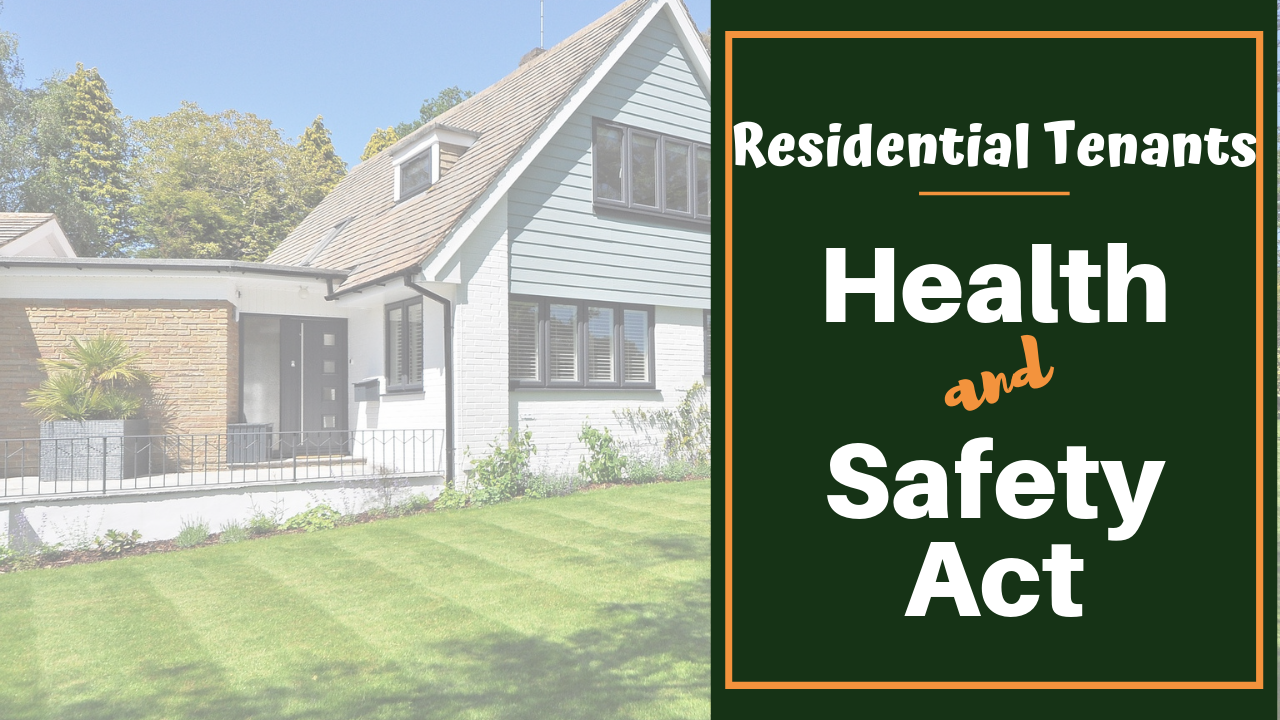
In Colorado, 2019 isn’t even half-over and the legislature is already busy writing and enacting new laws that pertain to tenants and landlords in Colorado Springs. If you’re renting out a property in this state, you need to understand the Residential Tenants Health and Safety Act. This goes beyond basic habitability requirements and include specific protections for tenants that weren’t in place previously.
Residential Tenants Health and Safety Act
This new law increases tenant protections when it comes to habitability. A warranty of habitability is always implied when you rent out a property, and if it’s not a safe place for tenants to live, you’ll be in breach of that warranty. You’re also in legal trouble if you receive a written notice of the habitability issues and you don’t take care of those problems in a reasonable amount of time.
If there’s something that makes the property dangerous to the tenant’s life, health, or safety, action must be taken within 24 hours. If there’s something that makes the property uninhabitable or unfit for tenants, then landlords must respond with remedial action within 72 hours.
Additional Conditions to Habitability
The current Colorado laws provide the conditions that define a premises as uninhabitable. The Residential Tenants Health and Safety Act adds two additional conditions to the established law. A rental property is now considered uninhabitable if:
- The property doesn’t have functioning appliances that conform to applicable law at the time of installation. These appliances must also be maintained in good working order.
- The property has mold due to dampness. If the home has a condition that is causing dampness and would interfere with the health and safety of the tenant if not immediately remedied, it’s also considered uninhabitable.
The new law also grants the authority to county courts to provide injunctive relief related to any habitability breach.
Providing Written Notice of Habitability Issues
The current law requires tenants to serve a written notice to the landlord that there’s a habitability issue. If that written notice is not served, the landlord cannot be held liable for inaction. This new law expands the notification standard and now allows tenants to notify the landlord electronically. So, a simple email from your tenant or even a text message is considered notice, and you will be in breach of the warranty of habitability if you don’t respond in the required timeframe.
Tenant’s Right to Terminate the Rental Agreement
 If the same habitability issue that caused an initial breach occurs again within six months of the repair and it’s not a simple problem like a broken appliance, the tenant is allowed to terminate the rental agreement 14 days after providing the landlord written or electronic notice of intent. If it’s an appliance issue, the landlord must repair or replace the appliance within 14 days or the tenant can terminate the rental agreement.
If the same habitability issue that caused an initial breach occurs again within six months of the repair and it’s not a simple problem like a broken appliance, the tenant is allowed to terminate the rental agreement 14 days after providing the landlord written or electronic notice of intent. If it’s an appliance issue, the landlord must repair or replace the appliance within 14 days or the tenant can terminate the rental agreement.
This is a pretty significant change for landlords, and there are additional details that shift the responsibility for some property conditions from the tenant to the landlord. It addresses landlord retaliation and requirements for relocation as well.
It’s a comprehensive law, and Colorado Springs landlords need to be aware of it. For help wrapping your head around it, please contact us at Muldoon Associates. We’ve studied the language and reviewed the implications, and we’re ready to assist you.
